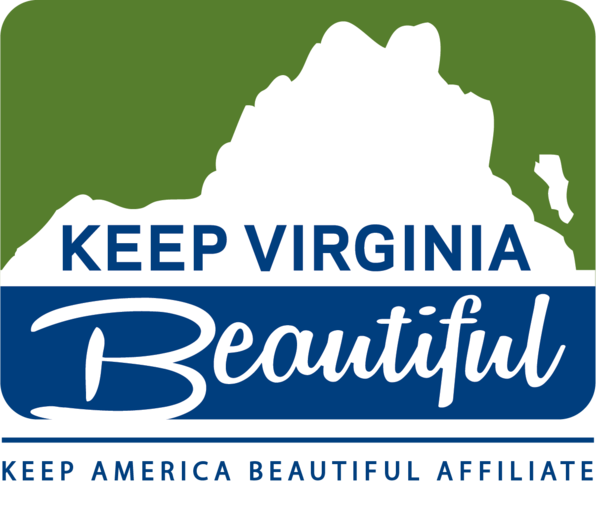Habitat for Humanity Shakes out a Grand!
The Richmond Habitat for Humanity ReStore has been awarded $1,000 in the Recycling Category of our 30 in 30 grants. The KVB grant program focuses greater resources and attention on organizations and individual localities throughout the Commonwealth and how they are addressing the issues of litter prevention, recycling, waste reduction, beautification and education.
KVB provided the opportunity for government, non-profit and/or service organizations in Virginia to apply for one of thirty grants ranging from $500 to $1,000 in three different categories: Beautification and Community Greening, Litter Prevention, and Recycling. These grants are made possible by KVB partners – Capital One, Waste Management and Lowe’s.
The Richmond Chapter of Habitat for Humanity was established in 1986, and has built over 300 homes. Their mission is to provide safe, affordable homes for low-income families in the Greater Richmond area. Their ReStore offers donated building and home improvement supplies at greatly discounted prices. All profits generated then go into Richmond Habitat for Humanity.
The Richmond Habitat for Humanity ReStore received this grant to begin a paint recycling program. Currently, they are unable to accept opened paint at their store as a donation and there is only one local option for r ecycling paint, the Richmond City dump. Many individuals do not know how or where to properly dispose of paint and often contaminate the environment by disposing of it improperly. In order to combat this destructive disposal of used paint, the Richmond Habitat ReStore will purchase a paint shaker which will allow used paint to be mixed together in one can to form an inexpensive, re-sellable primer. This primer will then be sold at their ReStore, and all the proceeds will benefit Richmond Metropolitan Habitat for Humanity and their mission. Their goal is to collect and recycle at least 300 gallons of used paint by the end of 2012. This means that at least 300 gallons of used paint will not enter our environment through hazardous disposal and these chemicals will be properly recycled into a usable inexpensive product.
ecycling paint, the Richmond City dump. Many individuals do not know how or where to properly dispose of paint and often contaminate the environment by disposing of it improperly. In order to combat this destructive disposal of used paint, the Richmond Habitat ReStore will purchase a paint shaker which will allow used paint to be mixed together in one can to form an inexpensive, re-sellable primer. This primer will then be sold at their ReStore, and all the proceeds will benefit Richmond Metropolitan Habitat for Humanity and their mission. Their goal is to collect and recycle at least 300 gallons of used paint by the end of 2012. This means that at least 300 gallons of used paint will not enter our environment through hazardous disposal and these chemicals will be properly recycled into a usable inexpensive product.

